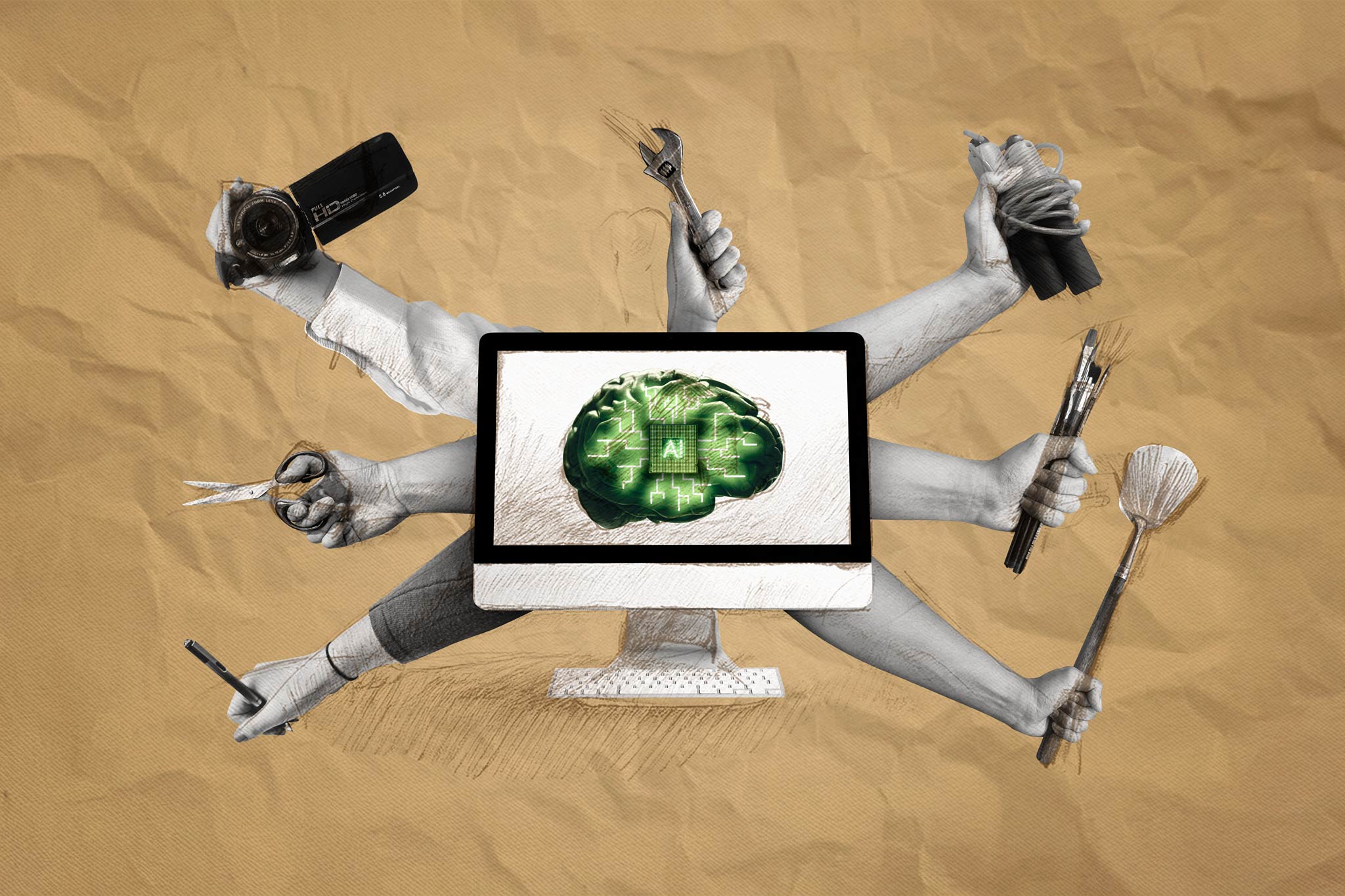AI reduces stress for employees when they have to complete many tasks. The same stress reduction applies to employees with new tasks. The result is according to a new study by Örebro University in Sweden and The Ratio Institute, an interdisciplinary research institute with a research focus on the conditions of business and enterprise.
“There is a perception that AI leads to increased demands and faster work pace, which can increase stress. Here, we find the opposite, at least for one group of employees,” says Magnus Lodefalk, an Associate Professor and researcher in national economics at Örebro University.
The study is based on a representative sample of workers in Germany, which included workers of different genders, ages, and occupations. Magnus Lodefalk and his Danish colleague, Michael Koch, an Associate Professor at Aarhus University, found that employees more exposed to AI are less likely to report increased stress levels. AI, as a job aid, can reduce stress.
“The link between reduced stress is found in employees who perform new tasks at work, and if they perform many tasks. The stress reduction may be due to AI automating certain tasks. AI can also help employees perform other tasks faster and better,” says Magnus Lodefalk.
He cannot pinpoint a direct reason for why AI can reduce stress in new tasks: “Previous research suggests that the technology can automate some tasks and give rise to new, more complex tasks. Perhaps this makes work more meaningful and stimulating.”
Can the study’s results provide practical guidance? The results align with the general advice to learn about and adopt technology where appropriate, but the study was conducted before the big breakthrough with generative AI, such as ChatGPT.
“It is possible that the results hold up, as generative AI can be a tool that makes work more stimulating and simpler tasks can be automated. Presumably, the type of job plays a role in how you are affected. If you have a less complex and more monotonous job, there may be a risk of increased rather than decreased stress, as some previous research suggests,” says Magnus Lodefalk.
“The next step in research in this area is that we hope to repeat and deepen the study once they have more up-to-date data where generative AI has had an impact.”



